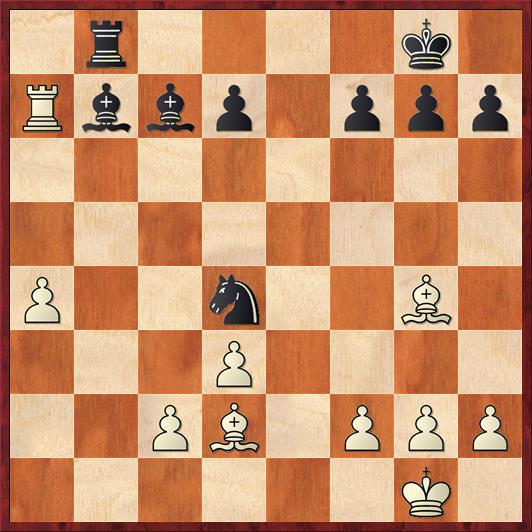Today I went to cheer on two of my students in the Aptos Library Chess Club, Emmy and Ryder, who were playing in their second rated tournament. They are a sister-brother pair.
I was very curious to see how they would do, because in their first rated tournament (the state scholastic championship, last March) they had very different results. Ryder went 5-0, tied for first, and got a first rating of 1100. Emmy went 2-3 and got a first rating of 264. I was pretty honest with them that Ryder’s rating was too high and Emmy’s rating was too low. But of course I wondered whether I was really right. It was especially painful for me to watch Emmy struggle because she is super gung-ho about chess and I want to see her enthusiasm and effort rewarded.
Today the shoes were definitely on the other feet. Emmy, playing in the under-500 section, scored 3-1 and got second place. Ryder, who was playing in the over-800 section, found there were no easy games in that group and went 0-4.
This will give me my first real read on Ryder — how does he handle defeat? Will he use it to motivate himself? I do think it was inevitable, so in some ways I am glad he got his rude awakening out of the way.
As for Emmy, I was thrilled to see her walking into the parents’ and coaches’ room after the last round carrying a big trophy and wearing a big smile. Now she won’t have that cloud over her head any more.
The tournament director paid her a big compliment. He said that there were two things that impressed him about her play. One was that when her games were over and she got up from the board, he couldn’t tell whether she had won or lost. The other was that she made her moves with authority. It’s true. She doesn’t bang the pieces down, but she always moves with a sense of conviction. No timid sliding the piece forward with a shaking hand.
Although I should show one of her victories, actually I want to show her loss, because it had a number of useful lessons.

FEN: 1r4k1/Rbbp1ppp/8/8/P2n2B1/3P4/2PB1PPP/6K1 w – – 0 1
Emmy was White here. What I thought was most interesting was to hear her self-description of the game, and then compare it with what actually happened. She said, “I was two pawns up, but then we both had back-rank mates but he played his first.”
Well, first of all, she’s not two pawns up here. She has two pawns for a piece. And what actually happened was this:
1. c3 …
At first I criticized this move because it allows 1. … Nc6, winning the rook. But in fact, I was wrong to criticize it, because White has no defense to the holy trinity of Black threats, 1. … Nc6, 1. … Bb6, and the move Black actually played.
1. … Bc6!
A very nice move by her opponent, and the move of a player who is much stronger than 500. (Her opponent in fact went 4-0 and took first place.) As Emmy pointed out after the game, she doesn’t have any good defense to the back-rank mate. 2. g3 doesn’t work because the bishop controls g2. Likewise, 2. h3 doesn’t work because the other bishop controls h2. I guess 2. f3 is least-worst, but then 2. … Bb6 is just devastating, threatening the rook and also threatening 3. … Nxf3+, which is lights out.
Again, under the circumstances I can’t really criticize Emmy’s move, which was 2. Rxc7. Her opponent played 2. … Rb1+ and she resigned. What I can criticize, though, is a certain lack of awareness about what happened and why. Her opponent didn’t just get lucky and checkmate her a half-tempo before she checkmated him. He set up and executed a very nice combination, and she had not been sufficiently aware of his threats. (As we went over the game, I did not have a sense that she realized either the danger of getting her rook trapped, or the weakness of her back rank.)
In short, losses are great lessons. But you have to learn the right things!


